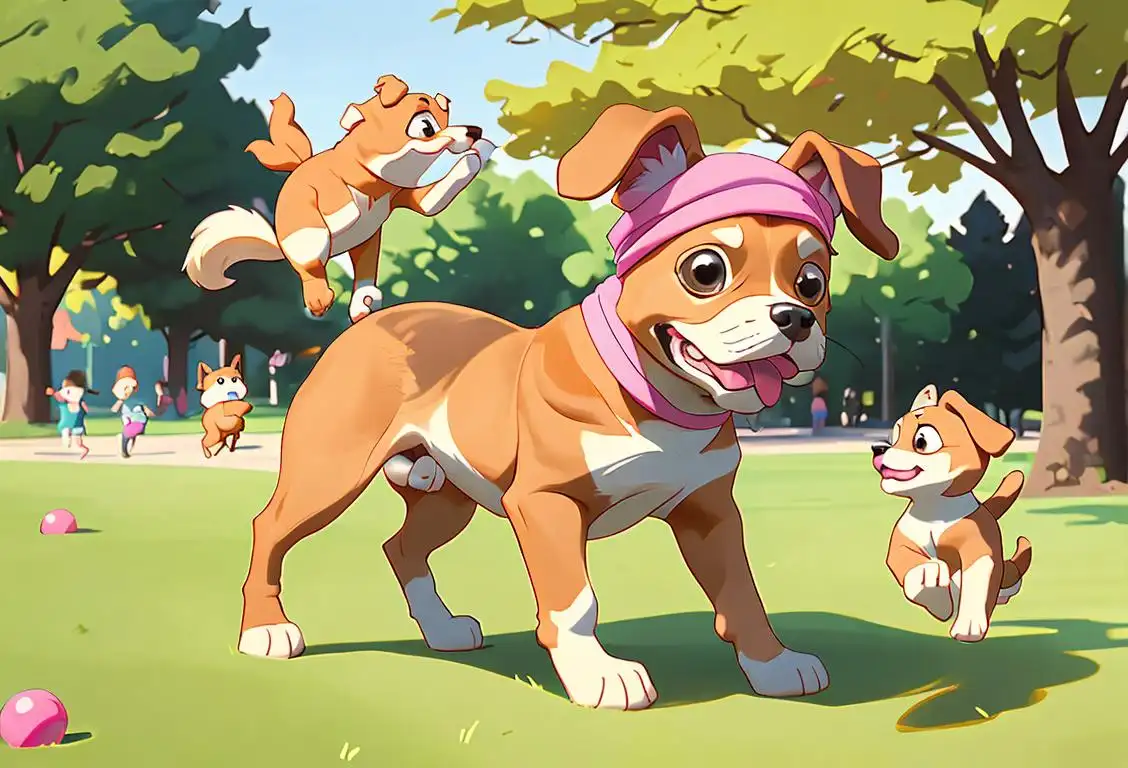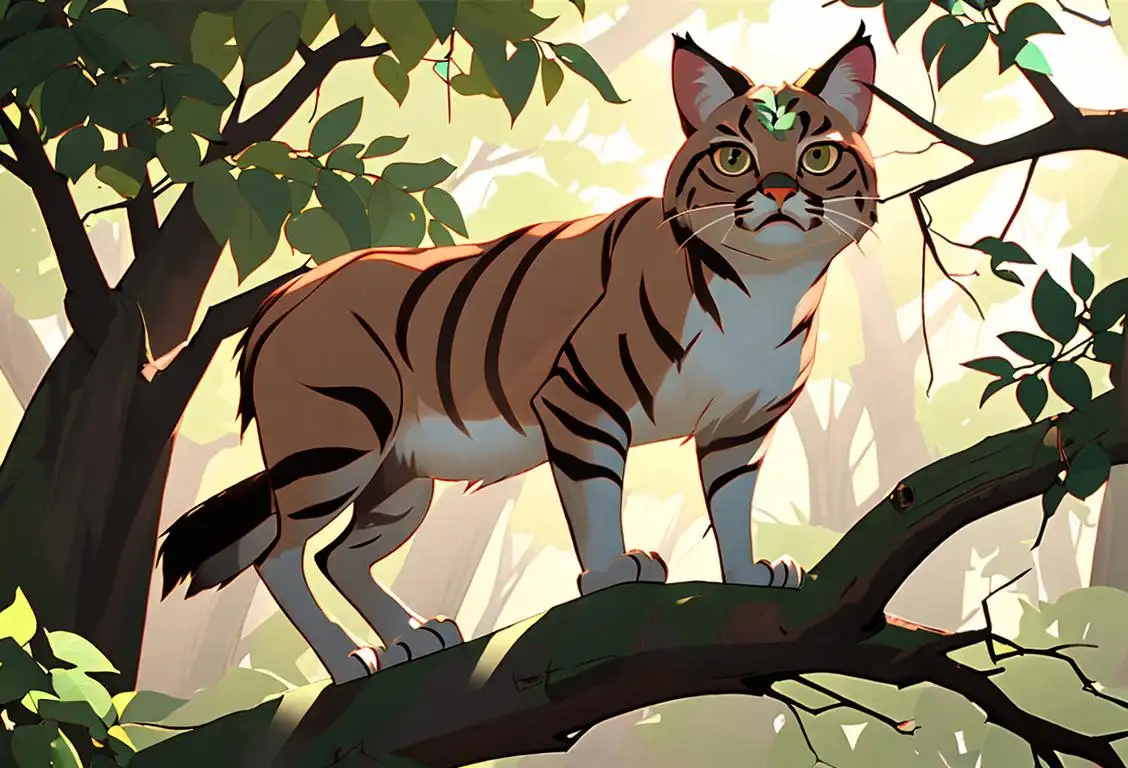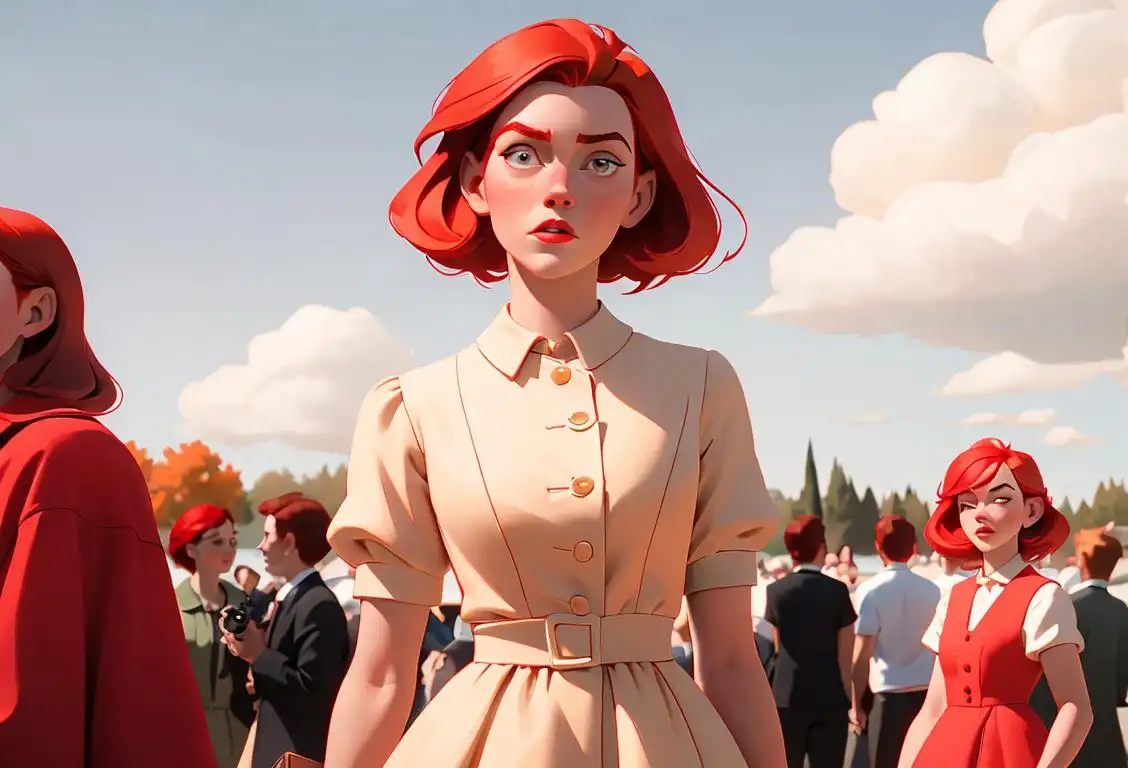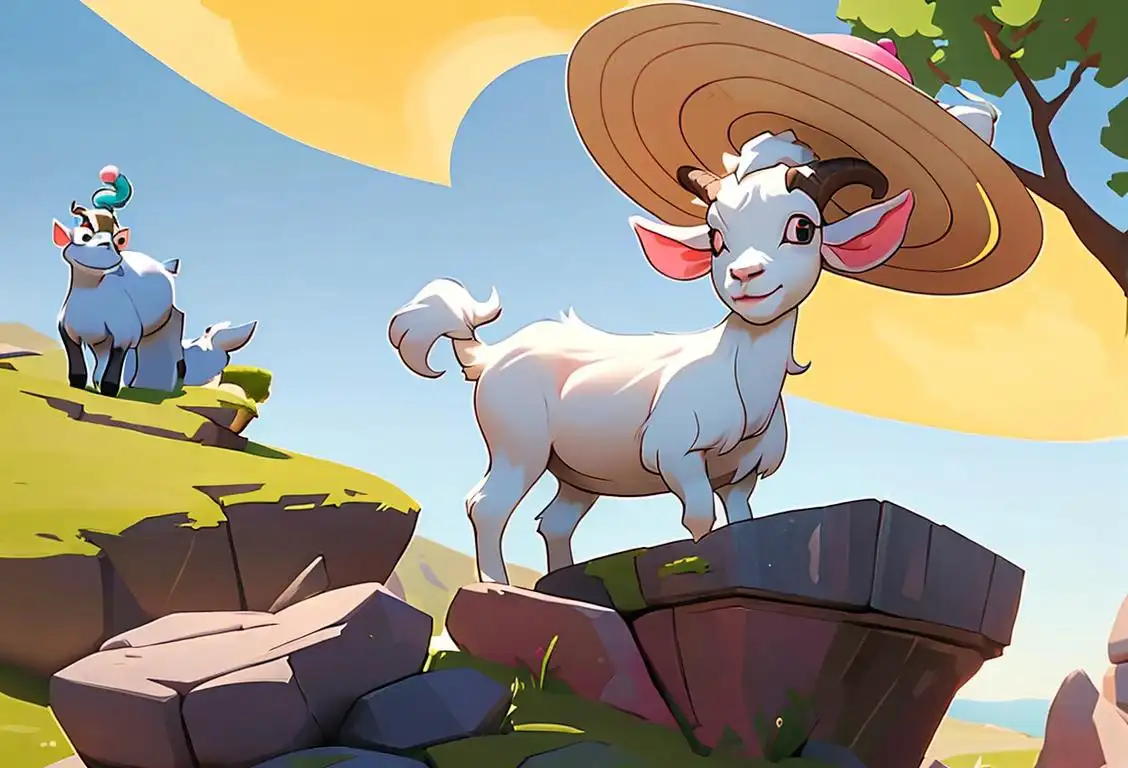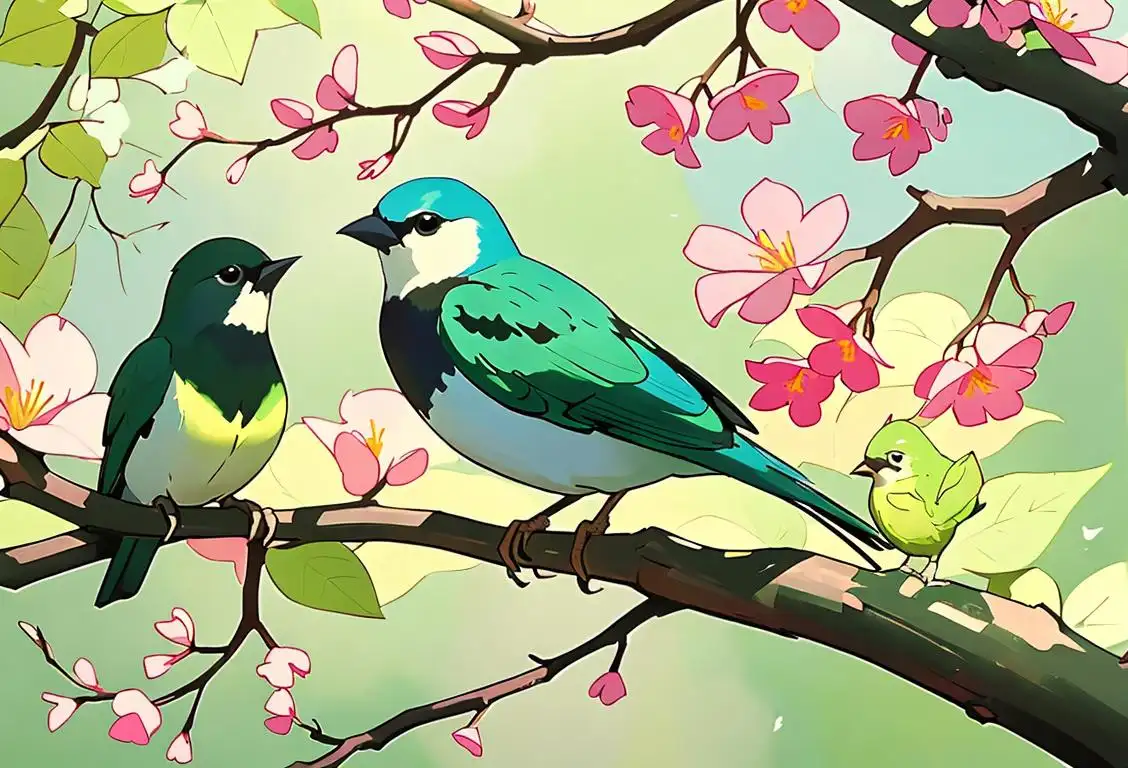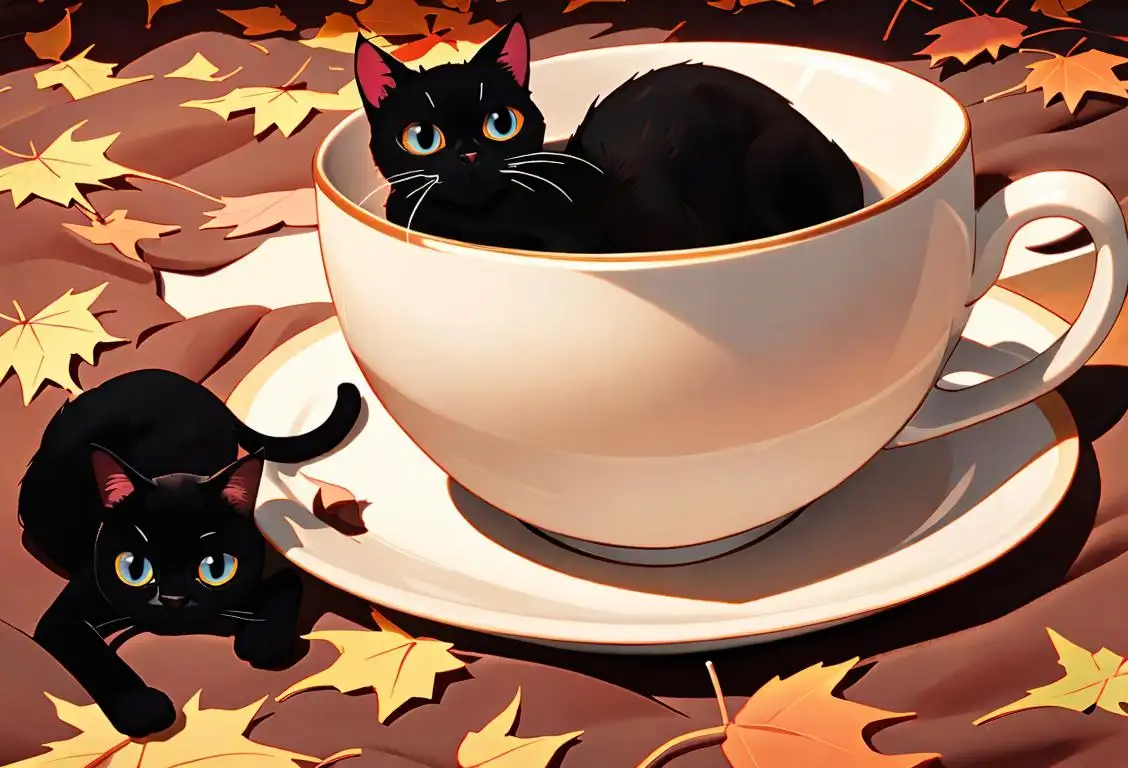National Horse Day
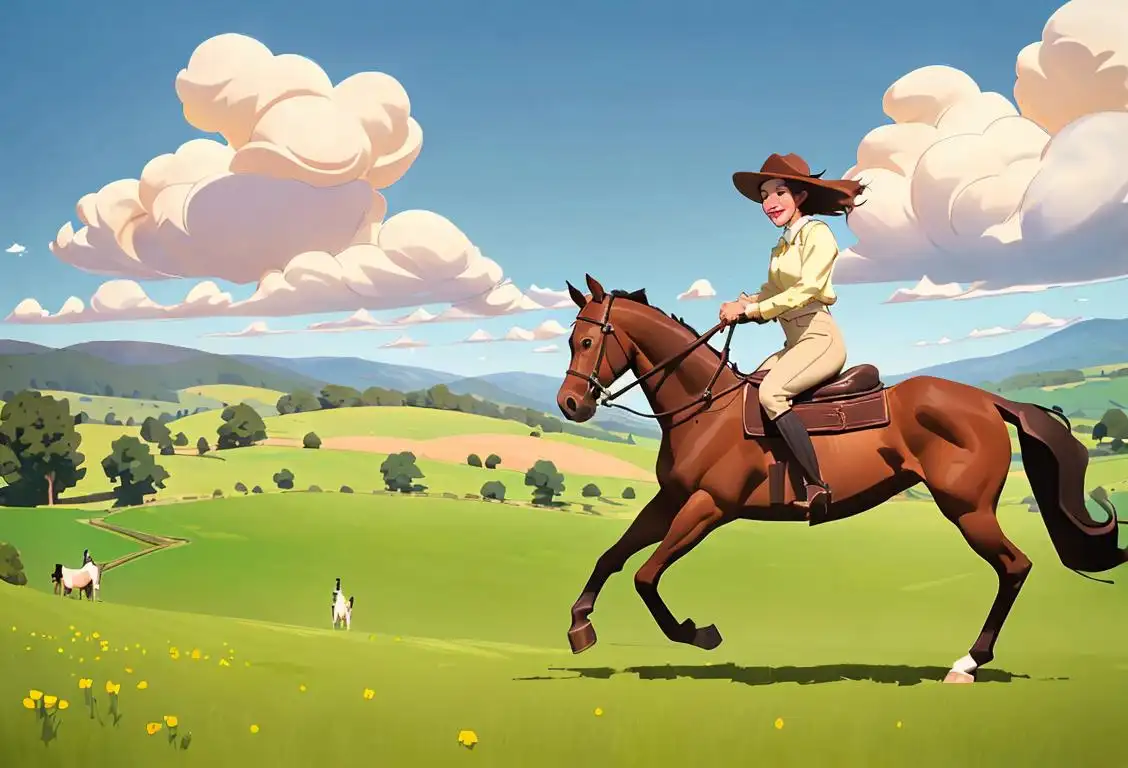
Canter with us as we gallop through cyberspace to bring you the story of National Horse Day. Harness your excitement, because this is not just a one-horse show: we're talking about an entire trending holiday where we pay tribute to our four-legged 'neigh'-bors. So, without further 'mare-do, let's 'saddle up' for the journey!
When is Horse Day?
It's national horse day on the 14th December.
History of National Horse Day
National Horse Day began its wild ride through the internet on December 14, 2016, racing ahead with an impressive 2870 mentions. From then on, it has defied the odds and jockeyed for position to become a day of national glee, keeping horse enthusiasts glued to their screens. Not only is it an opportunity to celebrate these whisker-chinned wonders, but it also raises awareness about their roles in society and their needs.
Journey to Fame
Our data analysis shows that National Horse Day sparked the most interest on its foundation day. It has since maintained a steady trot, with people 'foaling' around and sharing horse-related content across the cyberspace. There has been no 'reining in' the popularity of this day, as horse lovers continue to gallop ahead with their celebrations year after year.
The Day Itself
How do people celebrate National Horse Day online? By sharing photographs of beloved horses, by posting heartwarming stories of equine companions, by raising awareness about horse-related causes, and let's not forget – by making some of the most creative horse puns you'd ever find online. We are talking about a 'stable' online community that unites under one 'mane' theme: love for horses.
Making the Most of the Day
You don’t need to own a horse to join the celebration: simply saddle up your social media accounts and join the internet stampede! Share a memory, advocate for a cause, or simply express your 'unbridled' love for our equine friends. Who knows? You might make some 'stable' friendships along the way!
History behind the term 'Horse'
4000 BCE
Early Domestication
In ancient times, humans began to domesticate horses for various purposes such as transportation, agriculture, and warfare. This initial interaction between humans and horses laid the foundation for the term 'horse' to enter various cultures and languages.
1000 BCE
Proto-Indo-European 'h₁éḱwos'
The Proto-Indo-European language, spoken around 5,000 years ago, gave birth to the ancestral term 'h₁éḱwos', which translates to 'horse'. This term spread across different regions and evolved into various words in different languages.
9th Century CE
Old English 'hors'
With the arrival of the Anglo-Saxons in Great Britain, Old English adopted the term 'hors' from the Proto-Germanic word 'hross'. This word referred to the domesticated animal and found its way into literature, poems, and daily conversations.
Middle English
Transition to 'horse'
During the Middle English period, the term 'hors' gradually transformed into 'horse'. This change occurred due to linguistic shifts and the influence of Old Norse, which added an extra 'r' sound to the word.
16th Century
Widespread Usage
By the 16th century, the term 'horse' had become well-established and widely used in the English language. Horses played a crucial role in shaping societies, economies, and transportation during this time, further embedding the term in cultural contexts.
Present Day
Global Usage
In the modern era, the term 'horse' is universally recognized and utilized across numerous languages and cultures. From equestrian sports to recreational riding, horses continue to hold significance and evoke a sense of majesty and power.
Did you know?
Fun fact for the day - Did you know that horse hoof prints have inspired the 'U' shape of horseshoe magnets because of their steel-like strength and unique shape?Tagged
awareness fun online trends celebration animals horsesFirst identified
25th April 2015Most mentioned on
14th December 2016Total mentions
2870Other days
Horse Day
Pupper Day
Parents Day
Bobcat Day
Red Head Day
Goat Day
Birds Day
Black Cat Appreciation Day
Vodka Day
Friend Day
